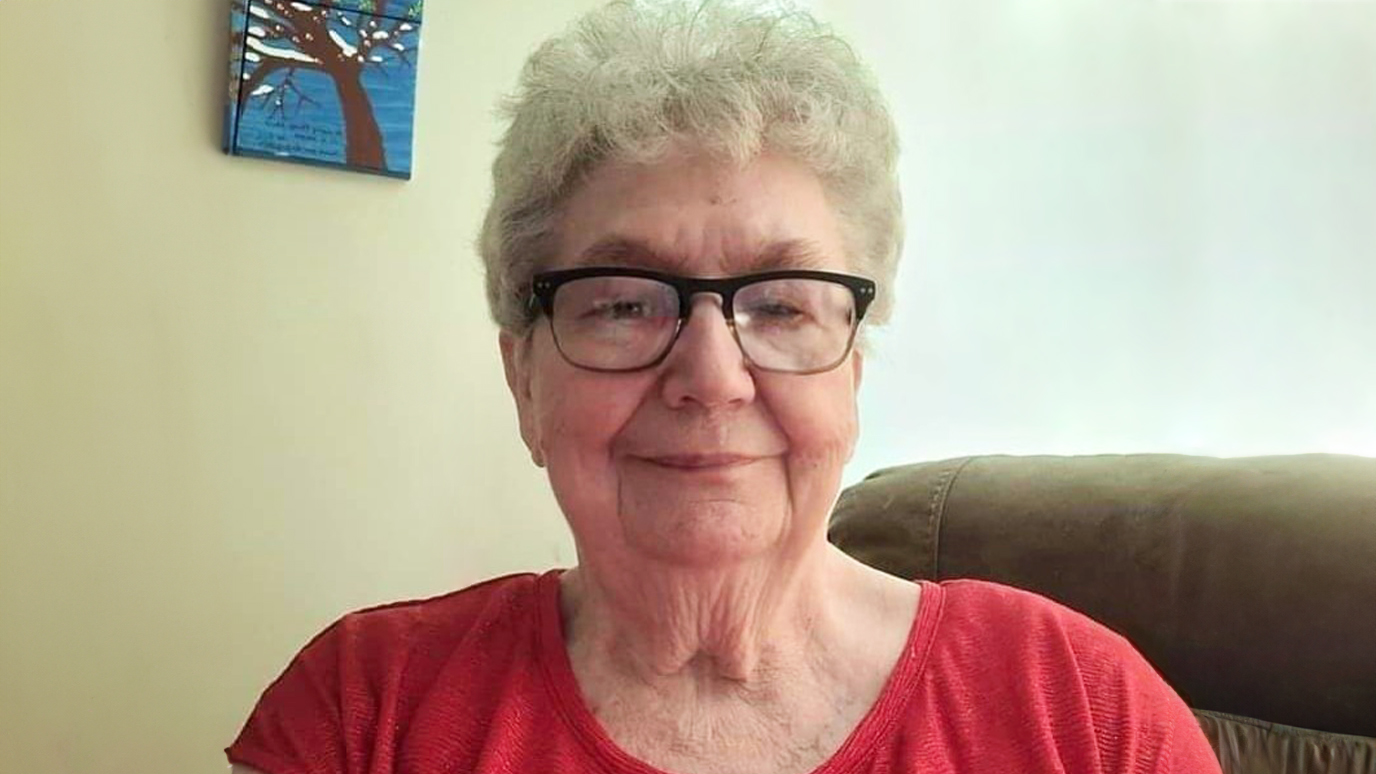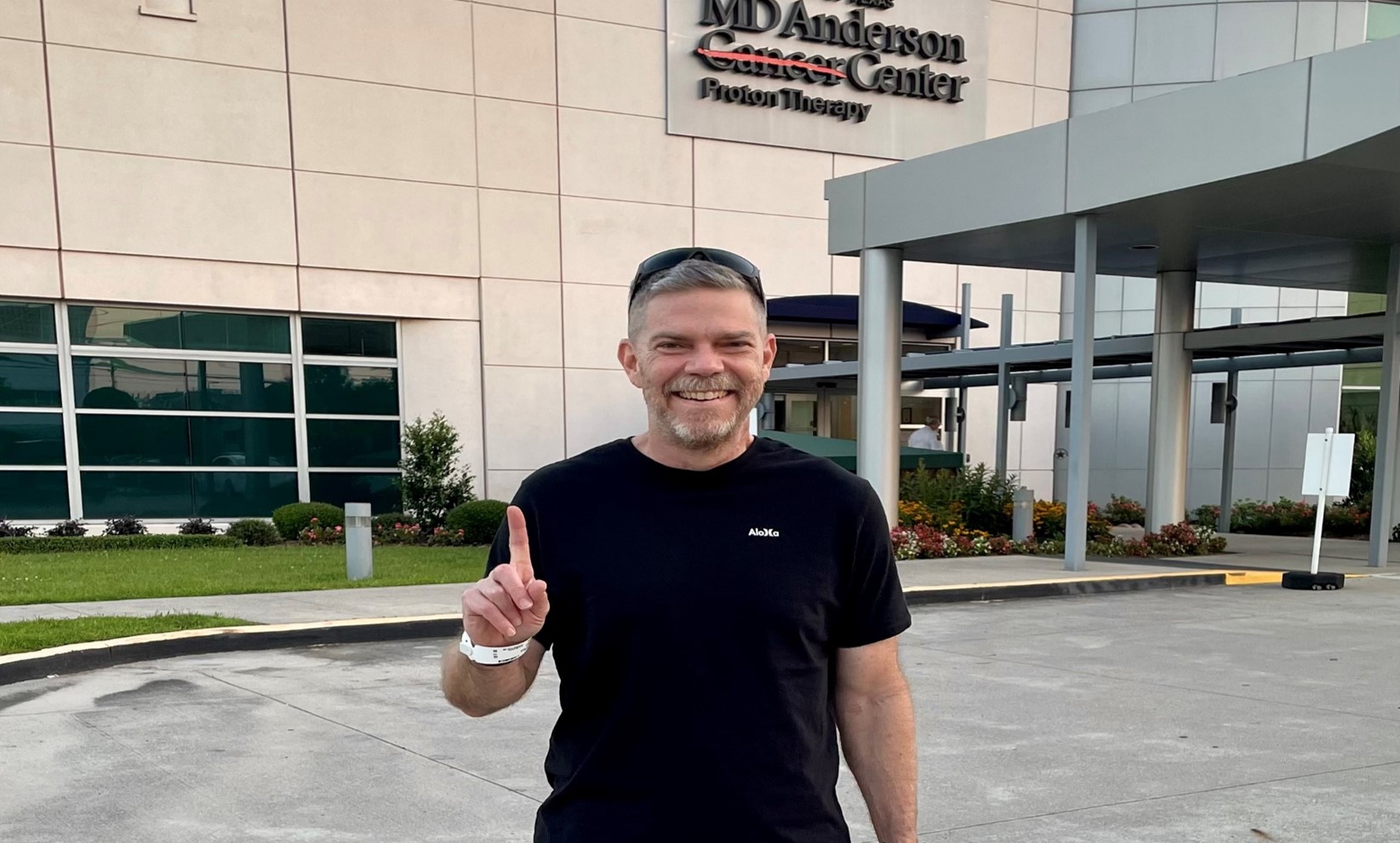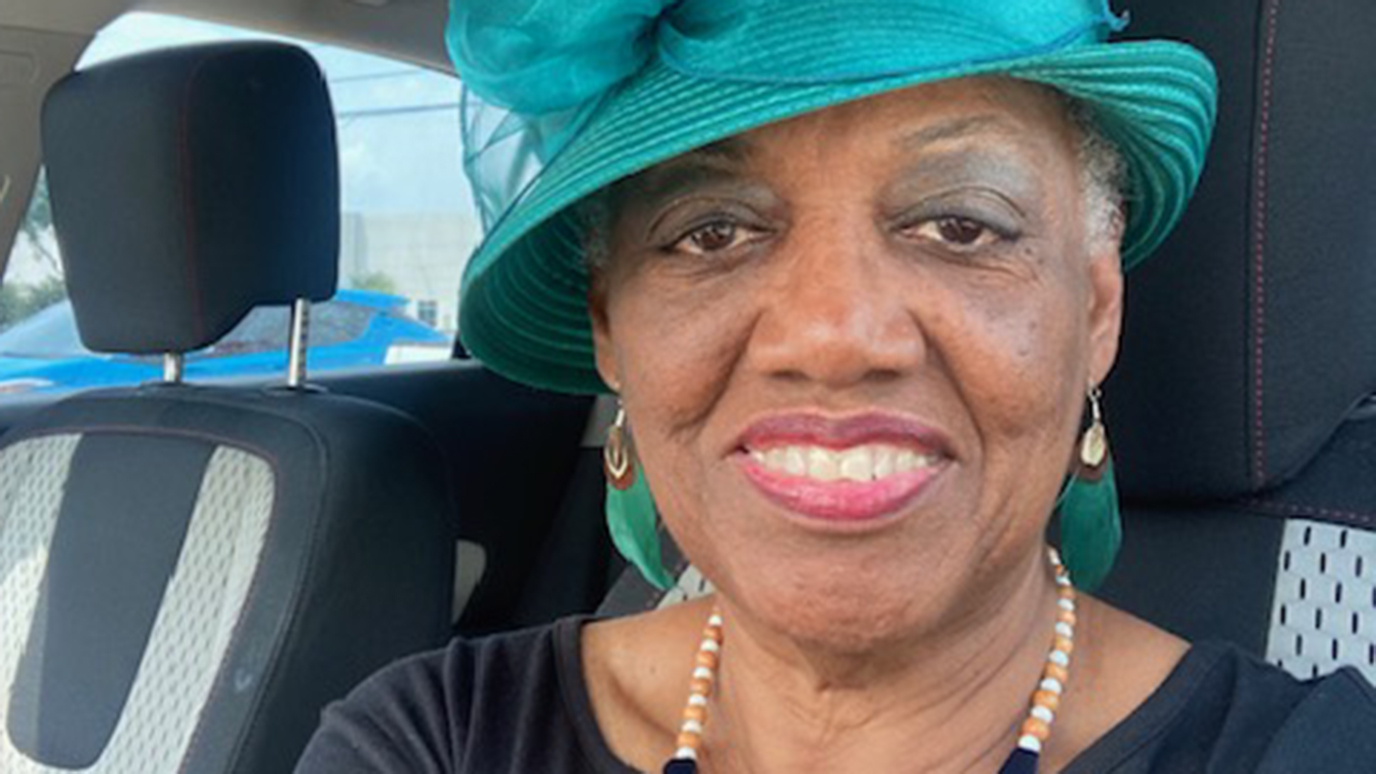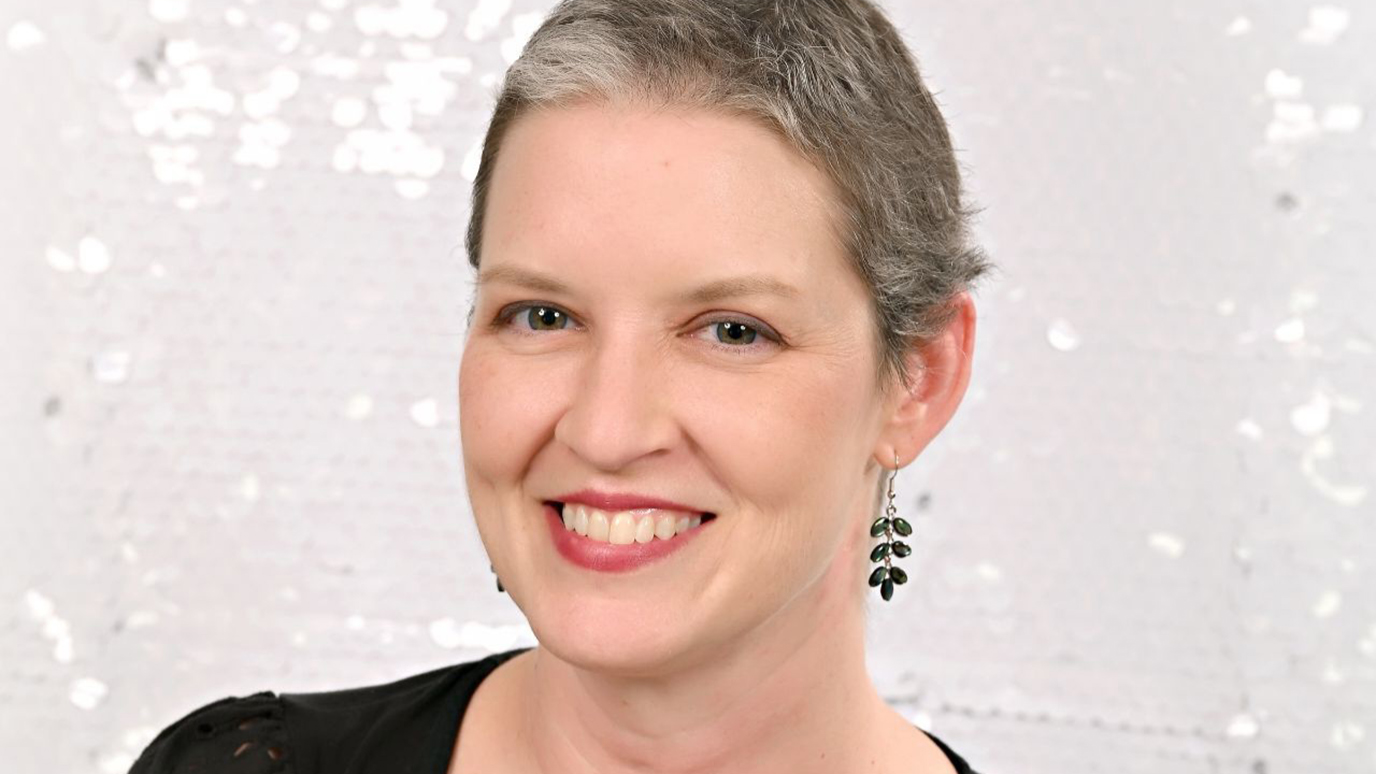- Diseases
- Acoustic Neuroma (14)
- Adrenal Gland Tumor (24)
- Anal Cancer (66)
- Anemia (2)
- Appendix Cancer (16)
- Bile Duct Cancer (26)
- Bladder Cancer (68)
- Brain Metastases (28)
- Brain Tumor (230)
- Breast Cancer (718)
- Breast Implant-Associated Anaplastic Large Cell Lymphoma (2)
- Cancer of Unknown Primary (4)
- Carcinoid Tumor (8)
- Cervical Cancer (154)
- Colon Cancer (164)
- Colorectal Cancer (110)
- Endocrine Tumor (4)
- Esophageal Cancer (42)
- Eye Cancer (36)
- Fallopian Tube Cancer (6)
- Germ Cell Tumor (4)
- Gestational Trophoblastic Disease (2)
- Head and Neck Cancer (6)
- Kidney Cancer (124)
- Leukemia (344)
- Liver Cancer (50)
- Lung Cancer (288)
- Lymphoma (284)
- Mesothelioma (14)
- Metastasis (30)
- Multiple Myeloma (98)
- Myelodysplastic Syndrome (60)
- Myeloproliferative Neoplasm (4)
- Neuroendocrine Tumors (16)
- Oral Cancer (100)
- Ovarian Cancer (170)
- Pancreatic Cancer (164)
- Parathyroid Disease (2)
- Penile Cancer (14)
- Pituitary Tumor (6)
- Prostate Cancer (144)
- Rectal Cancer (58)
- Renal Medullary Carcinoma (6)
- Salivary Gland Cancer (14)
- Sarcoma (236)
- Skin Cancer (296)
- Skull Base Tumors (56)
- Spinal Tumor (12)
- Stomach Cancer (60)
- Testicular Cancer (28)
- Throat Cancer (90)
- Thymoma (6)
- Thyroid Cancer (98)
- Tonsil Cancer (30)
- Uterine Cancer (78)
- Vaginal Cancer (14)
- Vulvar Cancer (18)
- Cancer Topic
- Adolescent and Young Adult Cancer Issues (20)
- Advance Care Planning (10)
- Biostatistics (2)
- Blood Donation (18)
- Bone Health (8)
- COVID-19 (362)
- Cancer Recurrence (120)
- Childhood Cancer Issues (120)
- Clinical Trials (628)
- Complementary Integrative Medicine (24)
- Cytogenetics (2)
- DNA Methylation (4)
- Diagnosis (230)
- Epigenetics (6)
- Fertility (64)
- Follow-up Guidelines (2)
- Health Disparities (14)
- Hereditary Cancer Syndromes (124)
- Immunology (18)
- Li-Fraumeni Syndrome (8)
- Mental Health (118)
- Molecular Diagnostics (8)
- Pain Management (62)
- Palliative Care (8)
- Pathology (10)
- Physical Therapy (18)
- Pregnancy (18)
- Prevention (898)
- Research (392)
- Second Opinion (74)
- Sexuality (16)
- Side Effects (604)
- Sleep Disorders (10)
- Stem Cell Transplantation Cellular Therapy (216)
- Support (404)
- Survivorship (322)
- Symptoms (184)
- Treatment (1776)
A community-based approach to cancer prevention and wellness
BY Meagan Raeke
4 minute read | Published January 18, 2022
Medically Reviewed | Last reviewed by an MD Anderson Cancer Center medical professional on January 18, 2022
“Every community is unique,” says Ruth Rechis, Ph.D., director of Be Well Communities™, MD Anderson’s place-based strategy for cancer prevention and control.
Building on MD Anderson’s decades at the forefront of cancer prevention research, Be Well Communities uses best practices to deploy science-based cancer prevention strategies to communities with the greatest need. It brings individuals and organizations together to promote wellness and to address modifiable risk factors for cancer.
“Focusing on a specific geographic area allows us to understand a community's history, culture, and assets as well as what the people from that community feel is needed to improve health overall,” Rechis says.
With the launch of Be Well™ Acres Homes in September 2021, MD Anderson is focusing on a community in our own backyard – the historic Acres Homes neighborhood, located 8 miles northwest of downtown Houston. Before it was annexed by the City of Houston, Acres Homes was the largest unincorporated Black community in the South. Today, the population of approximately 58,000 people is 47% Black and 43% Hispanic. The area also has the highest referral rate to Harris Health System’s Lyndon B. Johnson Hospital for cancer care, where MD Anderson provides oncology services.
Empowering communities to champion healthy living
Be Well Acres Homes is the third Be Well Community, following initiatives successfully launched in Baytown and Pasadena in 2016. The Be Well Communities team uses a data-driven approach to select communities for investment based on capacity and need. Historically under-resourced communities with the infrastructure to carry out resident-led interventions are prioritized. Like Baytown and Pasadena, Acres Homes represents an area with high rates of residents who are living in poverty and/or without health insurance, and it has strong community organizations with engaged local leaders.
“Our goal is for the communities to lead these comprehensive community health initiatives long into the future,” Rechis says. “When you join our Be Well Communities’ steering committees, we ask you to fully commit to working together toward a common goal of improving wellness for the community overall. When the individuals who live in and work in the community are the ones who commit to action, that’s what will lead to long-term success.”
The short-term accomplishments of the Be Well Communities model are already clear: Since 2017, Be Well Communities has helped increase access to healthy eating and supported continuous food systems, distributing more than 4.5 million pounds of healthy food, including 2 million pounds in an emergency response capacity during the COVID-19 pandemic. More than 70,000 students have participated in health and physical activity programs, and more than 8,500 college students and staff have received access to sun safety and tobacco cessation resources.
In Pasadena, the community is sustaining 90% of the actions originally implemented by Be Well Communities. MD Anderson continues to serve as a member of the coalition, which the City of Pasadena Parks and Recreation department now leads. Be Well™ Baytown is now in its fifth year.
Short-term accountability, long-term health improvement
While Be Well Acres Homes celebrated its official launch in September, work to establish the steering committee and action plan began in 2019. The initiative involves intentional collaboration with Harris Health System, Memorial Hermann Community Benefit Corporation, The University of Texas Health Science Center at Houston (UTHealth) School of Public Health, and more than 30 community organizations, together with residents of Acres Homes.
“The Be Well Communities model has a long-term view on impact and a very short-term view on accountability,” says Michael Walsh Jr., executive director of Cancer Prevention and Control platform. “The coalition that MD Anderson has built over the past several years is designed to actively advance health equity and to sustain access to high-quality health and social services. We engage with our coalition partners on a daily and weekly basis to implement evidence-based actions for health, together.”
The Be Well Acres Homes action plan focuses on priorities identified by the community, in alignment with the City of Houston’s Complete Communities initiative. In the first year, 20 initial projects will focus on increasing opportunities for physical activity and healthy eating, including safe routes to schools, healthy food programs in food pantries, fitness programs and community gardens.
The backbone of Be Well Acres Homes’ support comes from MD Anderson’s Community Outreach and Engagement Fund, along with the Cancer Prevention and Control platform, which is part of the institution’s Moon Shots Program®. The Walmart Foundation is providing additional support through a $1 million grant to The University of Texas Foundation to support implementation of sustainable, neighborhood-based food security strategies.
“The Be Well Communities model goes beyond the scope of what a cancer center might typically do, and it addresses those factors we know can have a downstream effect on cancer risk,” Rechis says. “We’re thinking about how we work with communities to improve health over the long term. It’s exciting to see the enthusiasm building in Acres Homes, and we’re looking forward to growing the program with the community over the years to come.”
Request an appointment at MD Anderson online or by calling 1-877-776-9823.
Related Cancerwise Stories

Focusing on a specific geographic area allows us to understand a community’s history, culture, and assets as well as what the people from that community feel is needed to improve health overall.
Ruth Rechis, Ph.D.
Director, Be Well Communities






